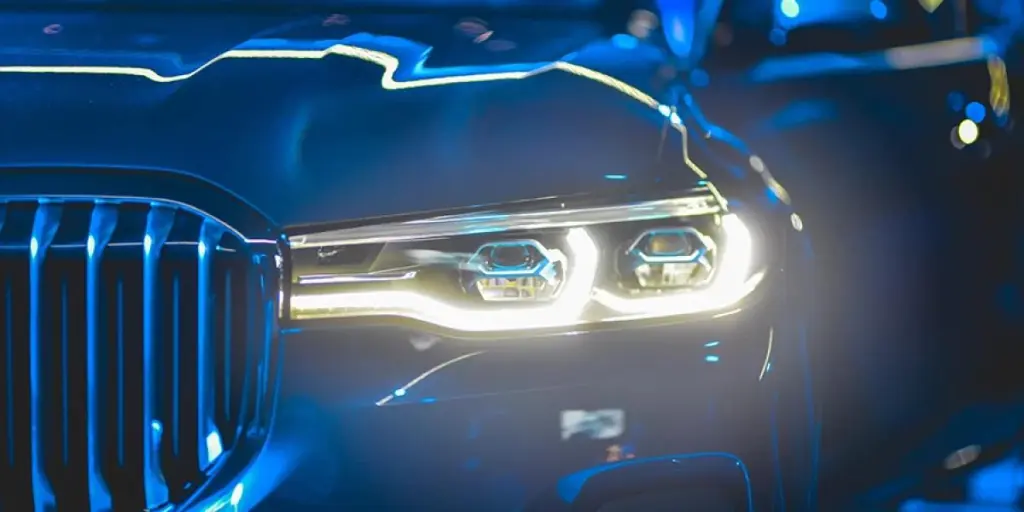Electric vehicles (EVs) have seen a rapid increase in demand, particularly over the past two years. Forbes reported high expectationsfor the EV market, and with at least 18 new EV models set to hit the market over the coming months this year is marked to be a turning point for EVs globally. In order to harness this growth, read on to discover the potential of the EV market and to see the must-have features of this year’s best-selling EV charging stations.
Table of contents
EV charging stations: market forecasts
The features of best-selling EV charging stations
Key summary
EV charging stations: market forecasts
An EV market report published early this year notes that the worldwide EV market hit US $163.01 billion in 2020, and is expected to grow with a compound annual growth rate of 18.2% from 2021 to 2030, reaching US $823.75 billion.
This is in line with global efforts to control CO2 emissions in response to growing environmental concerns that threaten long-term sustainable growth. Despite this notable growth, charging stations for EVs remain scarce. As shown below, global access to public charging points in 2020 was limited.
Given the substantially longer charging time needed by electric cars, as well as the need for more frequent charging, this presents a challenge to potential owners of EVs. EVs covered only slightly more than 9% of the global auto industry sales in 2021, but the high ratio of EVs to public charging networks may present a bigger challenge as the sector grows.
The features of best-selling EV charging stations
Smart charging
The reach of the Internet has spurred a range of new smart devices equipped with better connectivity and mobile or computer integration, and EV charging stations are no exception.
Smart charging devices for EVs tend to center around energy efficiency. In addition to being WiFi and 4G/5G enabled, a smart EV charging station should also allow the EV owners to remotely manage, monitor, and limit the device’s usage. As a result, preset off-peak charging and the ability to schedule charging for the lowest power rates are just a few of the characteristics that set apart a smart EV charger from standard chargers.
Coming paired with an APP is a great way to manage these smart features. For example, a smart EV charger with and integrated APP or an APP-controlled portable smart EV charging station may be the best solution for users who are always on the move. Alternatively, for those who aim to charge at home, and who value efficiency, this smart home, APP supported EV charging station with dual/triple charging plugs offers a great solution for smart fast charging.

Compatibility
A compatibility check is important when it comes to selecting an EV charging station. This helps to not only save time and money, but also to make sure that charging remains safe. Incompatible charging stations often lack the required electrical support, which could lead to overheating and failure.
Among the three standard EV charging levels, Levels 1 and 2 come with alternating current (AC) power for home and office usage, whereas Level 3 comes with direct current (DC) power and requires high voltage support, making it more typically for commercial and public use.
While proper electrical support involves a number of considerations, one can take comfort in knowing that each electric vehicle is well-designed to handle both AC and DC charging.This is achievable through the on-board charger installed in every EV, which acts as a converter to support the conversion of AC from the power outlet to DC power stored in the battery.
With this in mind, users can generally focus on the maximum output power capability of an EV charging station, as opposed to its input power. A highly compatible EV charging station with selectable charging plugs that can support up to 7 KW power output or a 10 KW power output universally compatible Level 2 EV charging station may meet such users expectations.
Installation considerations
When choosing an EV charging station, installation is another key concern. For simplicity and to meet unexpected changes, EV charging stations that can be installed both indoors and outdoors tend to be quite popular.
For greater flexibility, an electric vehicle charging station should be able to provide a cable length of 5m to 10m. On top of having sufficient cable length, ideally, it should also be able to support both wall-mounted and freestanding installation so that it could be installed in various situations.
Another reason to carefully weigh the installation options is that it may affect where one should buy an EV charger – that is, whether they should buy directly from an EV supplier, through an EV dealer, or order it through an e-commerce retailer.
For example, an EV charger that requires hardwired installation, rather than a plug-in solution, may mean it would be more convenient if purchased with installation services from an EV dealer. On the other hand, an EV charging station that comes with a quick, easy installation or a versatile portable EV charger that supports both wall-mounted and freestanding installation may be ordered online directly.
Key summary
The three must-have features to be found in EV charging stations are smart charging, vehicle compatibility, and versatile installation options. It is predicted that this year will see a major change in car manufacturing that will boost sales of both EV cars and related car parts and accessories. The scarcity found in public EV charging networks presents an opportunity that suppliers of home and office EV charging units should not miss out on. For more insights on wholesale business opportunities, read more here.





 বাংলা
বাংলা Nederlands
Nederlands English
English Français
Français Deutsch
Deutsch हिन्दी
हिन्दी Bahasa Indonesia
Bahasa Indonesia Italiano
Italiano 日本語
日本語 한국어
한국어 Bahasa Melayu
Bahasa Melayu മലയാളം
മലയാളം پښتو
پښتو فارسی
فارسی Polski
Polski Português
Português Русский
Русский Español
Español Kiswahili
Kiswahili ไทย
ไทย Türkçe
Türkçe اردو
اردو Tiếng Việt
Tiếng Việt isiXhosa
isiXhosa Zulu
Zulu